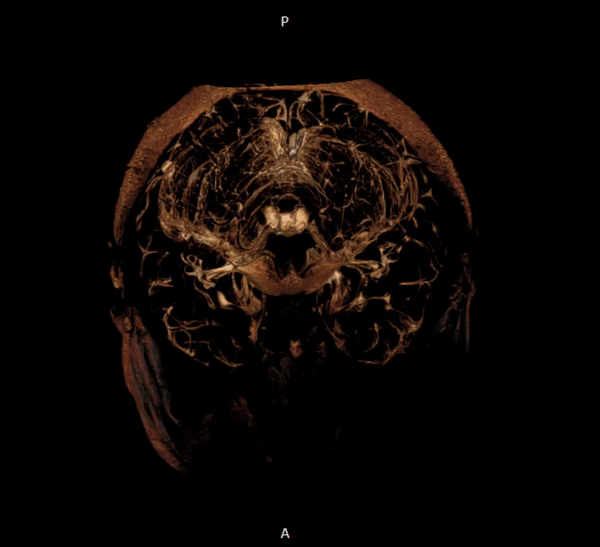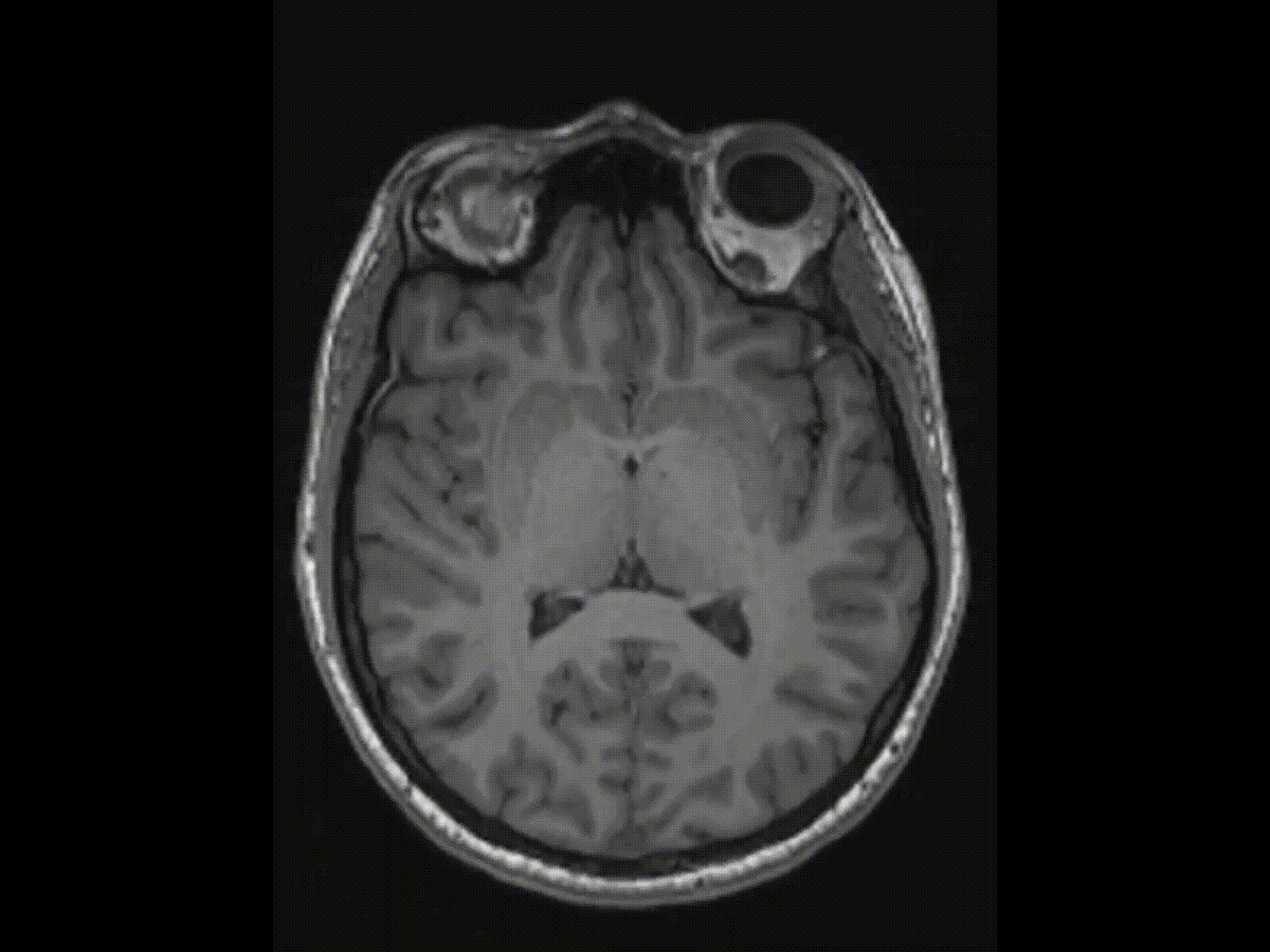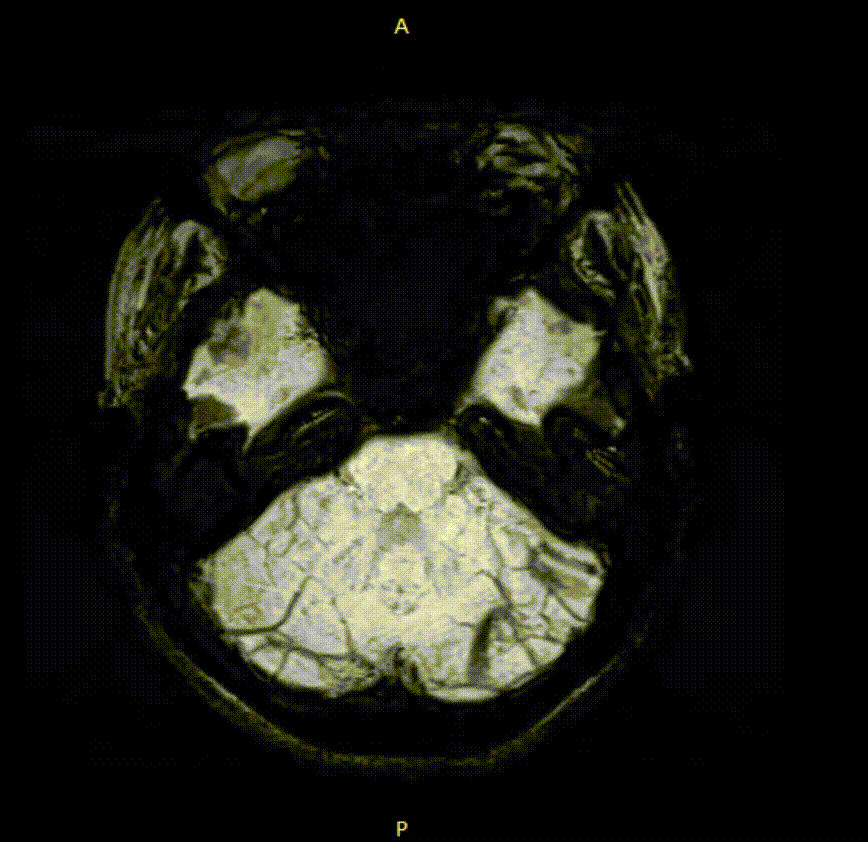︎︎︎

PAUL HETHERINGTON
Paul Hetherington is a distinguished Australian poet and scholar who has published fifteen full-length books of poetry and prose poetry—including the co-authored Fugitive Letters (2020)—and a verse novel. He has won or been nominated for over thirty national and international awards and competitions. He is Professor of Writing at the University of Canberra, head of the International Poetry Studies Institute and joint founding editor of the journal Axon: Creative Explorations. He founded the International Prose Poetry Group and is co-author of Prose Poetry: An Introduction (Princeton University Press, 2020) and co-editor of Anthology of Australian Prose Poetry (MUP, 2020).
The Flight of Bats
Thought swerves through images as a bat accelerates through air. You stand in memory, your dripping shirt brown from dirty river water; air and sunshine colliding; a smile lifting your mouth. I’d hold you as I did when you spoke of thought as knotted and tangled thread; when our love was umber, arms linking shadowed synapses with nerve and world. Our tensed bodies were skin-listening antenna and, as swarming feeling dragged us into air, night had the colour of dark words. “I’m there,” you said, sensation expanding like the sudden flight of bats, sending ultrasound, tonguing and hearing, sensing gardens and movement, finding in echolocation the fetching shapes of night and body.
Pomegranate
Red splashes of sunlight enter the brain—that ripe pomegranate with its spills of seed; a scarf in Morocco that was stained with blood. You cradled her head until she sat up to say, “leave me alone”. The sun was a lolly on a washed-out cloth; the vendor hoisted fruit on an intricate tray. You were suddenly flushed and had to sit down, thoughts running like animals in a long alleyway. Someone had promised to meet you but they wouldn’t be there—you knew it suddenly, as this injured woman returned your care, saying “he’s coddled by passion”, as if love were an egg—and grimaced in saying it. The Moroccan translator waved you off, sunset was paint splotched on a wide board and your plane pointed at it like the tip of a brush.
Red splashes of sunlight enter the brain—that ripe pomegranate with its spills of seed; a scarf in Morocco that was stained with blood. You cradled her head until she sat up to say, “leave me alone”. The sun was a lolly on a washed-out cloth; the vendor hoisted fruit on an intricate tray. You were suddenly flushed and had to sit down, thoughts running like animals in a long alleyway. Someone had promised to meet you but they wouldn’t be there—you knew it suddenly, as this injured woman returned your care, saying “he’s coddled by passion”, as if love were an egg—and grimaced in saying it. The Moroccan translator waved you off, sunset was paint splotched on a wide board and your plane pointed at it like the tip of a brush.

Blue Hour
The Venetian blue hour settles with the city’s lit parade. The mind’s painted over as the sky’s width deepens. I recollect evenings when we tucked ourselves into truncated vistas of closed rooms; climbed into the rucked sheets of window-nudging beds; reached for skin’s supine entanglements, as words washed and seethed. The blue hour subsides toward extinguishment. You roll over and, again, your silhouette becomes an embrace—uncanny and protean; unreadable aspect of hauled, purpling hours. The hour vanishes and you’re absent, unreasonable, unable to be reached. Your alert gestures are shadow-play. As the clotted hour brings you close, night has you breathing on my palm, as if we’re practising a form of benediction, with the colour of feeling riddling chemical brains.
Passerelle
The mind looks back, as if with eyes. Yet, despite this dive into memory’s tidal extravagances, the waterways of Venice are hidden behind the Biennale’s colours and shuttered rooms. Undulations tug at your image; you’re paired with a distant cathedral; you stand near mosaics that illuminate a wall with saints and apostles. You’ve pushed past the queue, saying “I must see it”. We’ve already watched contemporary paintings jostle and listened to news of warfare’s destruction of shrines. Now, you want to place your hands on the old images, as if the past might be channelled through the body into mind; as if modernity’s carelessness might temporarily be stayed. Evening stretches through windows; the mosaics dive into shadow; an attendant shuts the heavy doors. Water begins to query the piazza.
The Venetian blue hour settles with the city’s lit parade. The mind’s painted over as the sky’s width deepens. I recollect evenings when we tucked ourselves into truncated vistas of closed rooms; climbed into the rucked sheets of window-nudging beds; reached for skin’s supine entanglements, as words washed and seethed. The blue hour subsides toward extinguishment. You roll over and, again, your silhouette becomes an embrace—uncanny and protean; unreadable aspect of hauled, purpling hours. The hour vanishes and you’re absent, unreasonable, unable to be reached. Your alert gestures are shadow-play. As the clotted hour brings you close, night has you breathing on my palm, as if we’re practising a form of benediction, with the colour of feeling riddling chemical brains.
Passerelle
The mind looks back, as if with eyes. Yet, despite this dive into memory’s tidal extravagances, the waterways of Venice are hidden behind the Biennale’s colours and shuttered rooms. Undulations tug at your image; you’re paired with a distant cathedral; you stand near mosaics that illuminate a wall with saints and apostles. You’ve pushed past the queue, saying “I must see it”. We’ve already watched contemporary paintings jostle and listened to news of warfare’s destruction of shrines. Now, you want to place your hands on the old images, as if the past might be channelled through the body into mind; as if modernity’s carelessness might temporarily be stayed. Evening stretches through windows; the mosaics dive into shadow; an attendant shuts the heavy doors. Water begins to query the piazza.
Castle
Thought is a branching worm, riddling as it constructs, making the mind an impenetrable castle. You visit after many years and the worm is writhing in its rooms—back and forth, like some ancient Lernaean Hydra. You stand away from its miasma, holding your map in front of you, determined to find a carpeted hall you remember. The Hydra eyes you as you climb the steps and, when you come to a courtyard, it stands before you refuting every way forward, like a punctilious philosopher. You know that it’s primarily made of language, but there are dark associations you can’t read; and scenes you won’t interpret. Later, you’ll try to describe its shape but, by then, nothing will be clear—though you made it inside and found fires burning; though you read books in a vast library. You recall being taken to a high attic, beginning to write as the Hydra climbed through your mouth.
Thought is a branching worm, riddling as it constructs, making the mind an impenetrable castle. You visit after many years and the worm is writhing in its rooms—back and forth, like some ancient Lernaean Hydra. You stand away from its miasma, holding your map in front of you, determined to find a carpeted hall you remember. The Hydra eyes you as you climb the steps and, when you come to a courtyard, it stands before you refuting every way forward, like a punctilious philosopher. You know that it’s primarily made of language, but there are dark associations you can’t read; and scenes you won’t interpret. Later, you’ll try to describe its shape but, by then, nothing will be clear—though you made it inside and found fires burning; though you read books in a vast library. You recall being taken to a high attic, beginning to write as the Hydra climbed through your mouth.

Smile
The mind looks back with smiling efflorescences. But it’s serious work in there, the darkness being lit every moment of day and night and coins of thought constantly minted and multiplied. If you travelled there, you’d be dumbfounded by the terrain and byways—like Marco Polo—and by spilling lakes and waterways; dusty mountainside highways; the variousness of customs and laws. You’d arrive at what you believed was the emperor’s citadel only to find it was the keep of a minor noble; you’d search further into wastes and distances but come to an impasse. New roads would stand in the place of old roads—where once you could cool your feet in a stream, now you’d be channelled toward a forest’s bird calls. You’d turn back to the citadel but it would be gone. A sudden slant of sunshine would cross the landscape like a smile.
The mind looks back with smiling efflorescences. But it’s serious work in there, the darkness being lit every moment of day and night and coins of thought constantly minted and multiplied. If you travelled there, you’d be dumbfounded by the terrain and byways—like Marco Polo—and by spilling lakes and waterways; dusty mountainside highways; the variousness of customs and laws. You’d arrive at what you believed was the emperor’s citadel only to find it was the keep of a minor noble; you’d search further into wastes and distances but come to an impasse. New roads would stand in the place of old roads—where once you could cool your feet in a stream, now you’d be channelled toward a forest’s bird calls. You’d turn back to the citadel but it would be gone. A sudden slant of sunshine would cross the landscape like a smile.
